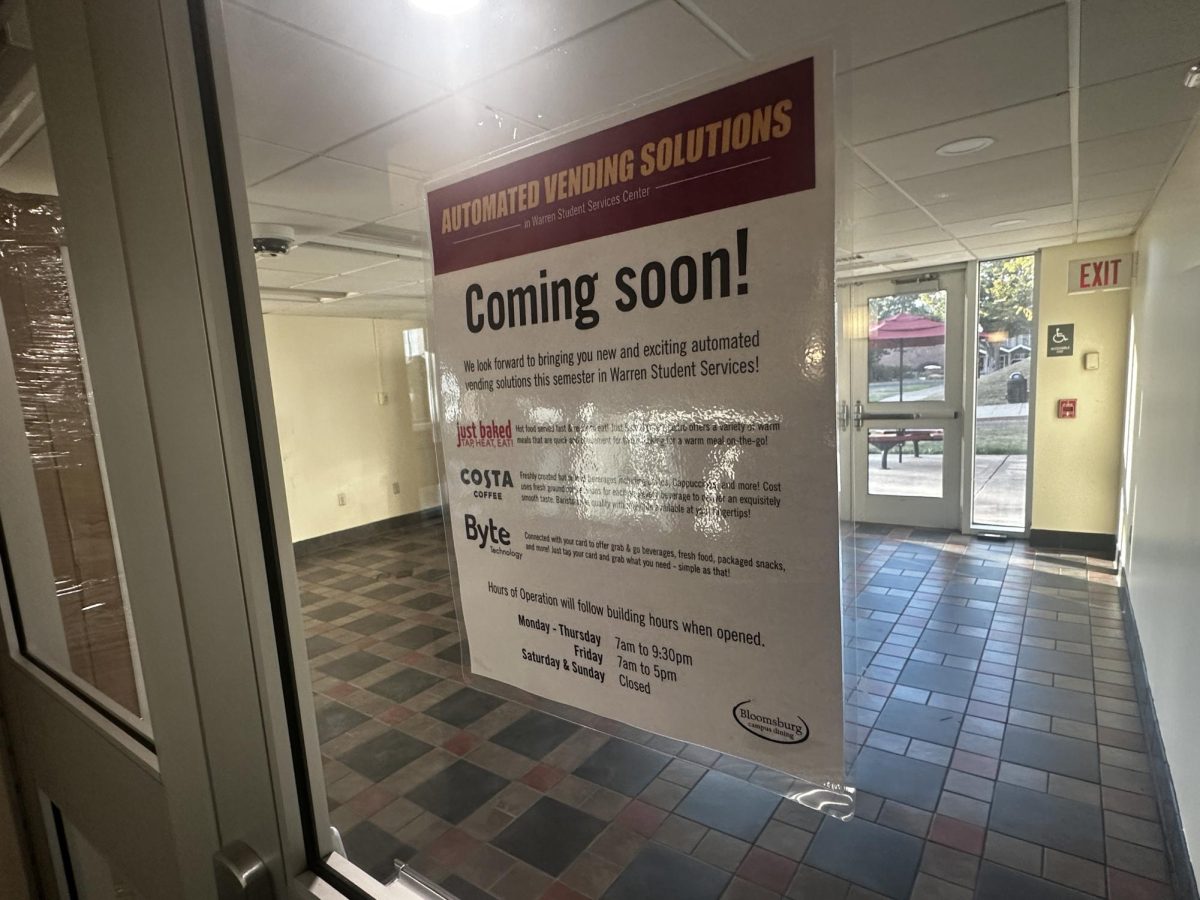Future c****** scientists beware, the divide over the validity of your profession and your research has gone deeper than the Grand Canyon. Certain words are now not being used in government departments out of fear of retaliation from those in power who chose not to believe in them.
We at The Voice wonder: what word is so terrible that it strikes fear into the hearts of the masses, the word which must not be named? Climate change.
President Trump and the plethora of conservative legislators across the country have recently been tearing into the EPA and other environmental agencies while simultaneously trying to find ways to fund “clean coal” and other fossil fuels.
To be fair, on both sides of the aisle, there are people who support things like coal and fracking, including former Democratic presidential candidate Hillary Clinton, who was one of the biggest names on the left in support of fracking. This is despite the evidence that fracking for natural gas is currently a process which is dangerous to both the environment and humans near fracking sites.
The EPA (Environmental Protection Agency) and other environmental agencies were all originally founded to find ways to preserve the natural environment and the Earth overall from the devastating effects of humans on the planet, but there has been so much backlash, including putting the EPA on the budget chopping block, that climate change leaders across the country are reportedly now self-censoring in a dystopian-esque bid to avoid backlash.
While it’s unlikely that censoring words such as “climate change” or “Paris agreement” in notices and reports will have a significant impact on any response to EPA scientists’ work, we at The Voice are concerned that people, especially highly educated scientists, feel enough fear of potential consequences that they must censor their research and reports.
People might ask what kind of repercussions could they possibly fear, and is it really as terrible as they think it would be? But when you’re not an agency or organization that sells goods or services to fund your work, and you still require massive amounts of funding over a period of sometimes years, the singular possibility that your funding could dip or even be cut by those holding the purse strings would be enough to induce any method of cooperation.
The EPA, NOAA, the Sierra Club, and many, many other environmental organizations rely on tax dollars or donations to fund critical research that could develop new, energy-saving, environmentally friendly technology, as well as research to let us know exactly what impact we have on the environment.
And the Paris agreement? That’s to let America know what the rest of the world is going to do about the environment, and as one of the wealthiest, largest nations in the world, what our expected contribution to that effort should be. If we’ve been scientific leaders in the past, why is it too hard to do now?
While The Voice wonders if self-censorship is really a needed step or just a fearful reaction to a perceived possibility, there’s no denying that those organizations which deal with the environment and climate change have more know-how than a businessman or a bunch of lawyers do about the impacts of humans on the environment. The Great Barrier Reef is nearing death. Dozens of species of animals are estimated to go extinct every day. The polar ice caps are melting at alarming rates and climate patterns are shifting, inducing severe drought and famine in some regions while producing unseasonable weather patterns in others. Preventing those who study this and work on it for a living from doing so is only going to harm everyone.
The United States was a leader in technology and science for decades. When someone said we couldn’t, we did.
If America is going to be great, it should happen through environmentally conscious technology. Solar and green roofs are becoming law in certain European countries. India broke a world record by planting 50 million trees, just to break a record and save the environment. China is making leaps and bounds in replacing their energy consumption with solar power. America can do all of that and more, as long as our leading minds aren’t afraid to speak out, and as long as our leaders aren’t afraid to hear what they have to say.
We at The Voice agree with another great mind, who once said, “Fear of a name only increases fear of the thing itself.” If we react out of fear and censor the truth, it’s only a matter of time before we don’t have air enough to admit we were wrong.






















